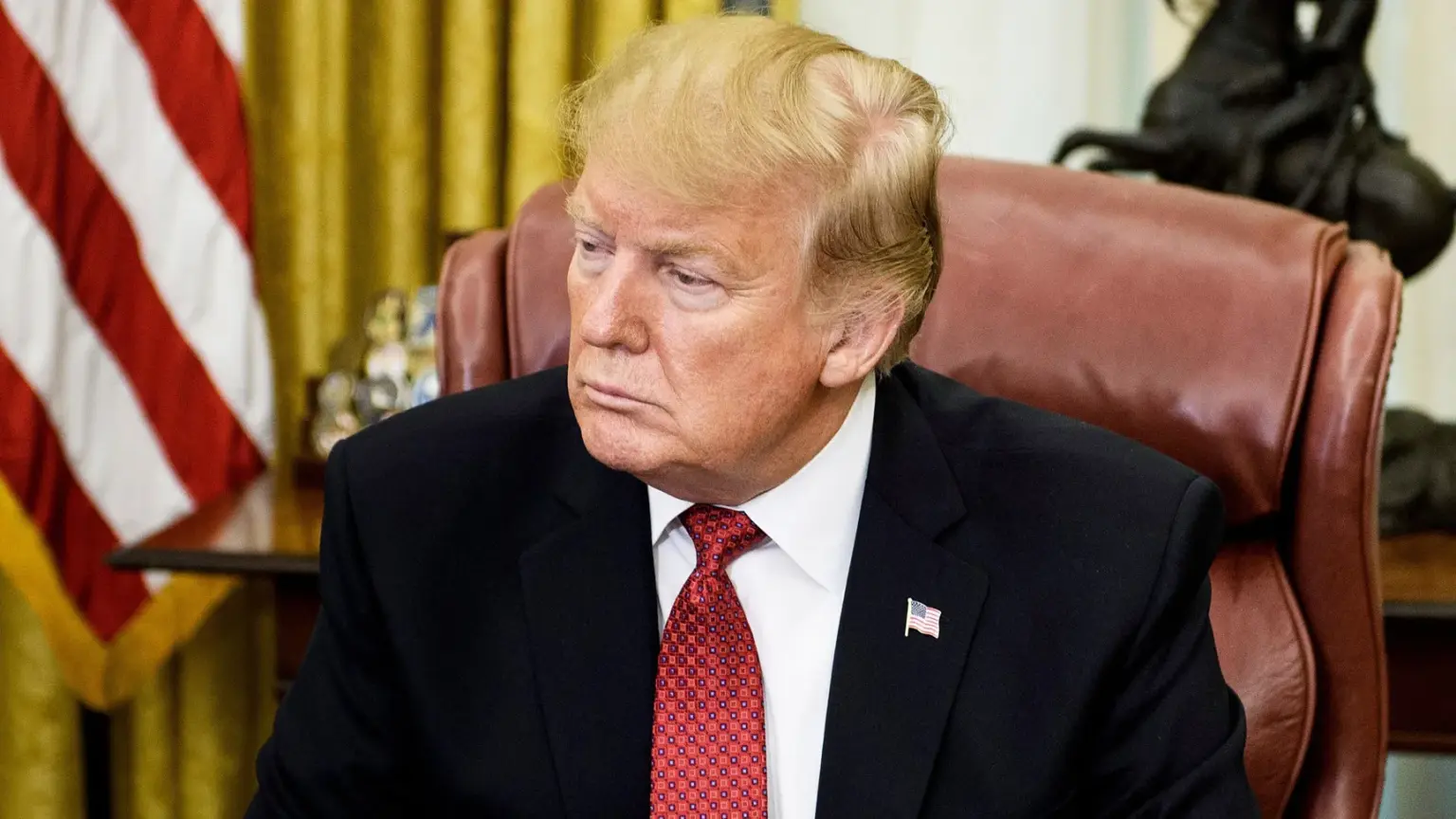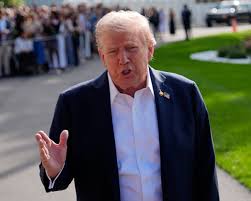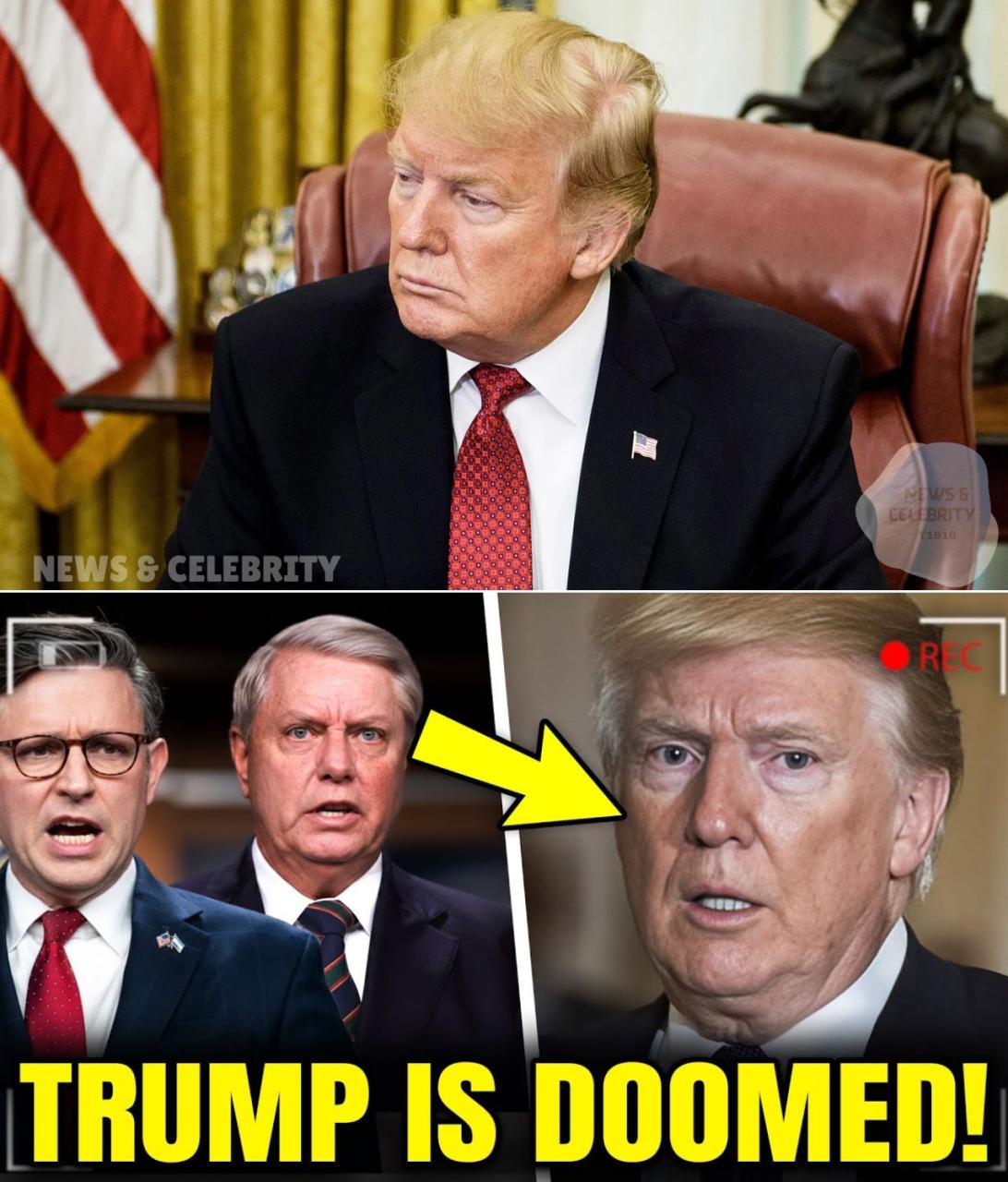In a shocking twist that has left political analysts and foreign affairs experts reeling, key members of the Republican Party have confirmed the shocking revelation that the Trump administration allegedly funneled a Russian demand for Ukraine into a so-called “peace plan”—a development that could ignite a severe political crisis within the GOP and jeopardize U.S. diplomatic credibility globally. This startling information, disclosed by Senator Mike Rounds during the Halifax International Security Forum, suggests that what the Trump administration presented as a legitimate American negotiation was in fact a manipulated and translated document reflecting pure Russian interests, amounting to nothing short of an ultimatum for surrender from Ukraine.

The damning details began to emerge after a leaked 28-point document, masked as a peace plan authored by the Trump administration, was suddenly thrust into the spotlight. Underneath its surface was an insidious proposal demanding Ukraine relinquish significant eastern territory, fully disarm, and forgo its aspirations to join NATO—directly mirroring Moscow’s longstanding demands. This egregious blunder set off a firestorm of criticism from both Democratic and Republican senators, marking a potential turning point as partisan lines blur in response to this alarming betrayal of democratic principles and international norms.
Senator Rounds recounted how his suspicions were raised during discussions with Marco Rubio, now Secretary of State, who initially downplayed the severity of the revelations, hurriedly asserting, “It’s just the Russian proposal.” This unsteady dismissal saw Rubio attempting to absolve the administration from responsibility, claiming that their role was merely that of “an intermediary,” a stunning show of panic in the face of a burgeoning scandal. Perhaps most troubling of all is the recognition that while Rounds and his colleagues were trying to parse the implications of this document, Russia was potentially modularizing its long-held strategy for Ukraine through the very entities meant to defend it.
Critiques about the pro-Russian slant of this alleged peace plan were not in short supply. Experts and politicians alike took to the microphones to express their outrage. Deriving from a known Russian agenda, the document was dubbed essentially a “terms of surrender” rather than any genuine effort towards negotiation or compromise. “It’s the victim, Ukraine, that is made to make concessions, and to limit its own capacity to defend itself rather than Russia, the aggressor,” one senator stressed, summarizing the broader sentiment that any proposal which serves Russian interests at the expense of Ukrainian sovereignty should be met with staunch resistance.

This situation raises more than just a diplomatic dilemma; it poses existential risks to U.S. foreign policy credibility on a global stage, particularly as the fallout renders Ukraine vulnerable in its ongoing defense against the Russian invasion. The urgency has deepened as Rounds and Rubio, alongside teams made up of representatives from both parties, scramble to clarify their positions to both allies in Europe and, critically, to the Ukrainians left in the crosshairs of this burgeoning diplomatic debacle.
As the Senate Foreign Affairs Committee prods deeper into this bewildering saga, the backdrop reveals a disturbing portrait of American politics embraced by interference from clandestine Russian elements. The revelations about Kir Ditriv, a key operative entangled in Russia’s Sovereign Wealth Fund and known for distributing luxuries like chocolates adorned with Putin’s face, demonstrate a troubling intersection of political influence and international coercion, signaling a willingness to bribe those in power and exploit their affiliations.
In an era marked by distrust and profound sectarian division, the notion that U.S. officials could circulate materials crafted by a Russian oligarch—sinisterly disguised as an initiative crafted for peace—has prompted both Republicans and Democrats to unite in denouncing the havoc wreaked by this imbroglio. The rapid transformation from camaraderie at the Halifax International Security Forum to a landscape of heightened scrutiny and indignation is a clear deviation from standard party-theory politics, echoing the urgency of revisiting American values in foreign diplomacy.

As Trump’s entanglement deepens, it has become essential for stakeholders across Capitol Hill to rally behind a unified response that unequivocally reasserts support for Ukraine in its fight for survival against Russian aggression. Senator Shaheen highlighted the pressing need for a new framework that emphasizes security guarantees and the importance of an inclusive dialogue—in stark contrast to the controversial documents being pushed by Trump’s administration.
Fueling the urgency, reactions from allies around the world piled in. Nations from the UK to Japan issued statements condemning any pressure on Ukraine to compromise its territorial integrity—reminding policymakers that history is littered with the carcasses of flawed peace deals birthed from appeasement. Experts voiced unequivocally: any settlement that exploits the victim while rewarding the aggressor fails the litmus test of justice.
As leaders gather in Geneva, uncertainty looms over the efficacy of U.S. alliances and the future trajectory of the Ukraine conflict. Clear divisions are emerging, and the dialogues taking place carry profound implications for global stability, fueling concerns of wandering back to bygone eras where dictators flourish. The world watches, breath held, as the ramifications of this bungled diplomatic strategy unfold, each second a data set that reshapes the understanding of U.S. foreign policy, its credibility, and the resilience of Western democratic ideologies in the line of fire.
Underneath the troubling headlines and the accelerating fallout lies a chilling truth: as innocent lives continue to be lost in the ongoing conflict, the chaos brought forth by internal American politics may prove just as perilous as the external aggression that Ukraine seeks to combat. Perilously, the machinations of political maneuvering are converging on Ukraine’s fate—and in this unpredictable moment, the need for accountability, transparency, and a commitment to genuine diplomacy has never been more pressing.
The question weighing on the minds of those watching is whether American leaders will ultimately rise to meet the moral imperative demanded by these times or instead succumb to the same demagoguery that has threatened democracy on both sides of the Atlantic. As the world turns its eyes to a future steeped in uncertainty, it waits—anxiously, expectantly—for the next chapter in this unfolding crisis. The stakes have never been higher, and the outcomes more dire. Stay tuned as this story continues to develop.